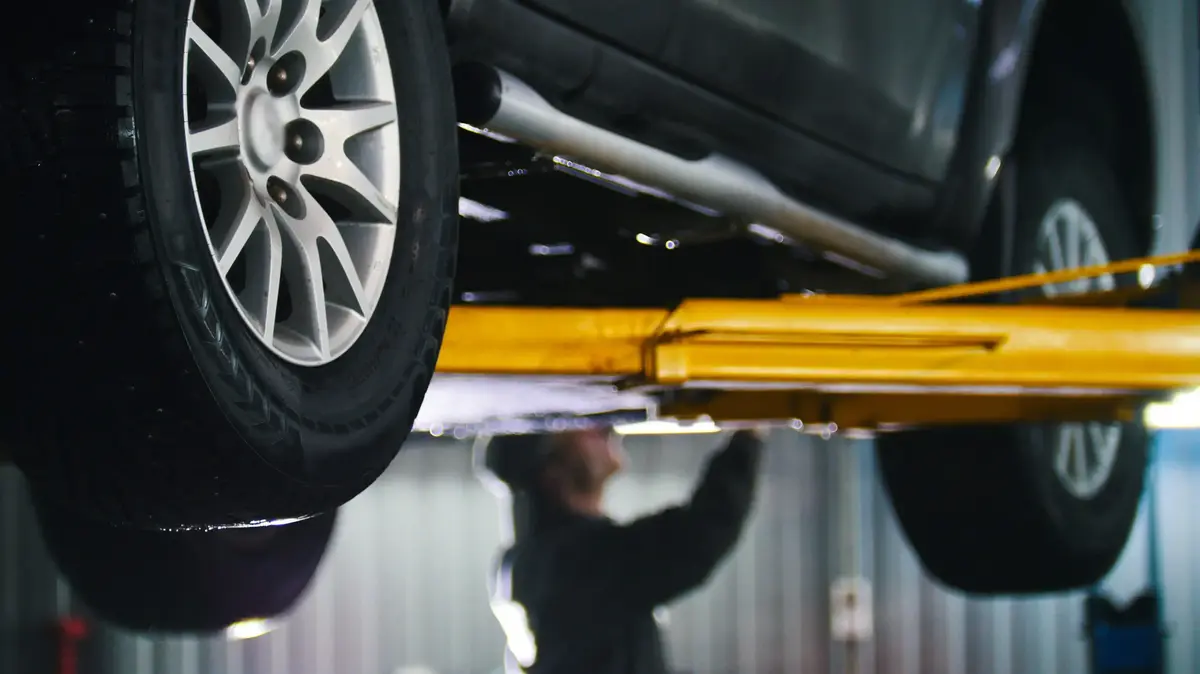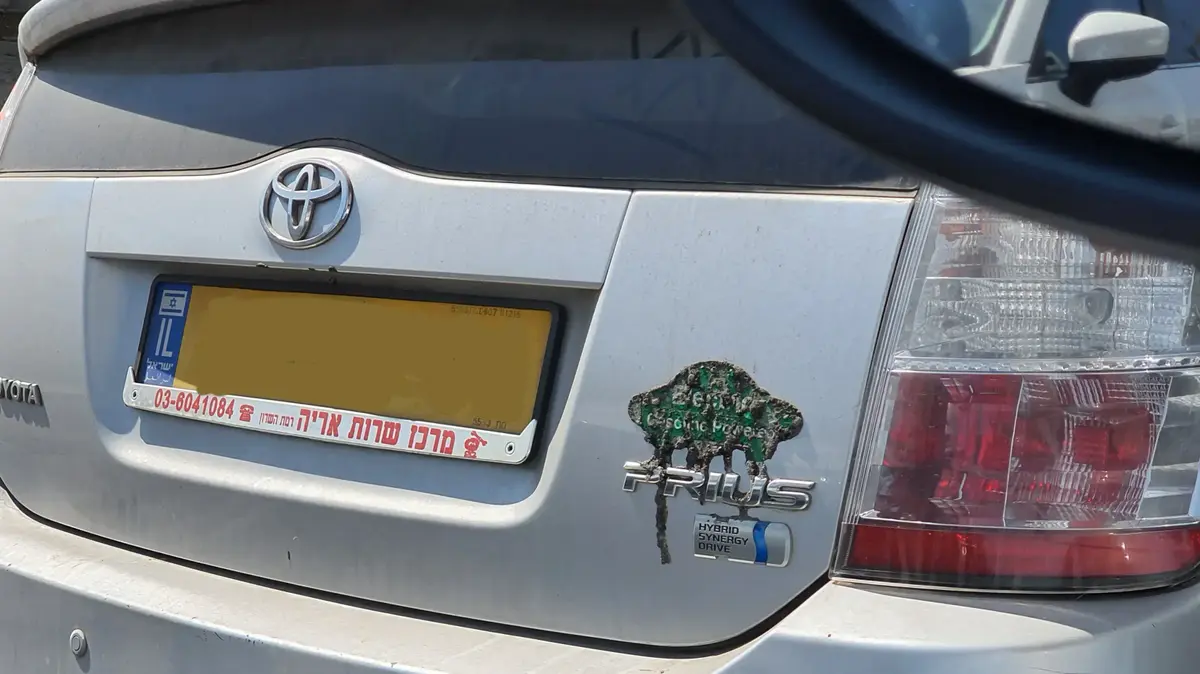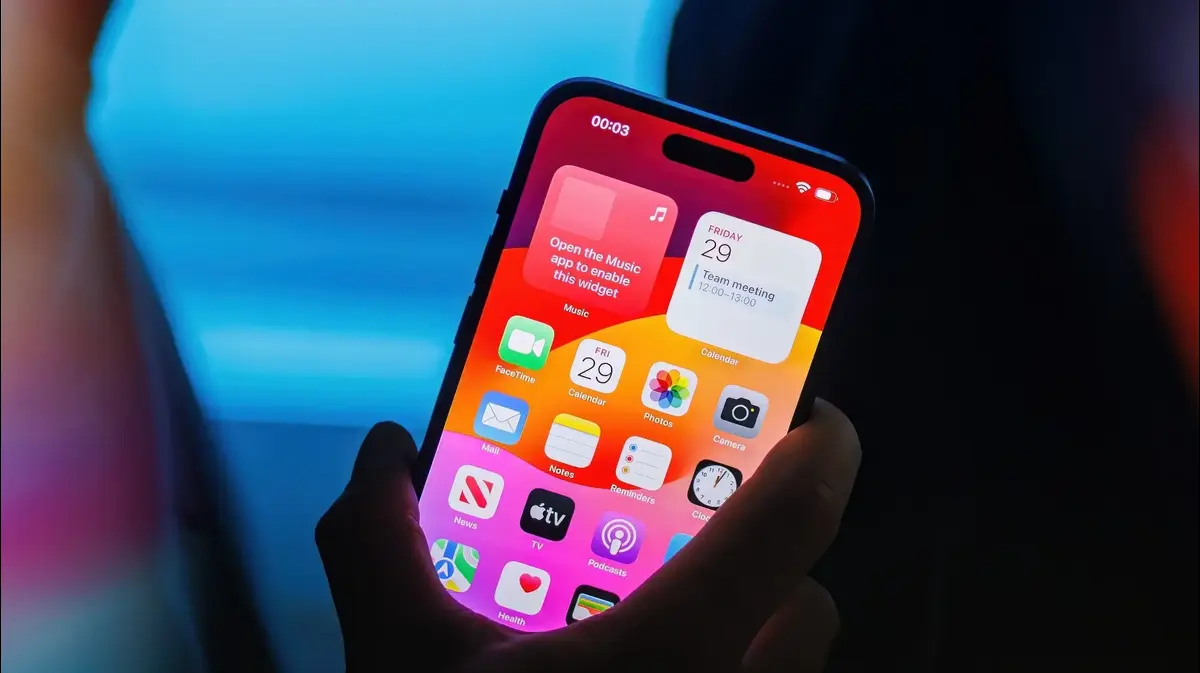BRUSSELS -
"Easier and cheaper" repairs even beyond the legal warranty period for smartphones, tablets, PCs and household appliances to reduce the environmental impact
, support the Green Deal and combat planned obsolescence.
This is the flagship proposal launched by the EU Commission in its new bill on the right to reparation.
With the rules presented today, the EU executive aims to give citizens the opportunity to turn to repair services when the legal guarantee of the products - usually two years - has expired.
Common standards of transparency on repair conditions and prices will then be introduced.
"In recent decades", highlights Brussels,
"the replacement" of smartphones, tablets, PCs, electronic devices and household appliances "has often been favored over repair
whenever the products have become defective and consumers have not been given sufficient incentives to repair them upon expiry of the legal guarantee".
A practice that the EU executive wants to contrast with its legislative proposal.
The new rules, it is explained, "will make it easier and more cost-effective for consumers to repair rather than replace goods" and will "boost the repair sector, while encouraging producers and sellers to develop more sustainable business models".
Consumers will therefore be able to leverage their right to repair for products that are still technically repairable under Community law
, also turning to services independent of those offered by producers.
An online repair platform is also planned to connect consumers with local repairers and sellers of refurbished goods, helping them compare offers, and open up competition in the sector.
Similarly, Brussels is introducing a European repair information form that citizens will be able to request from any repairer to increase transparency on service conditions and prices, and a European quality standard for repair services will be developed.
The EU executive has also launched its plan against greenwashing: European companies will be called upon to offer scientific evidence to ensure that the 'eco', 'bio', or 'reduced carbon footprint' labels on their products are truthful, reliable
, and comparable across the EU.
And against unfounded declarations, member states will be able to impose "deterrent" administrative sanctions, including fines.
The new common rules are contained in the 'Green Claims' directive presented today by Brussels.
The goal is to protect consumers and economic operators committed to accelerating the green transition.
53.3% of the 'green' declarations on products made by the companies examined in the EU were found to be vague, misleading or unfounded and almost 40% without foundation
, is the complaint of the EU executive, which in an attempt to counter greenwashing focuses in detail on the labels that bear the words 'ecological', 'climate neutral', 'carbon neutral', or '100% CO2 compensated', 'biodegradable', 'compostable', 'bio-based'.
Or, again: 't-shirt made with recycled plastic bottles', 'made with CO2 compensation', 'packaging made with 30% recycled plastic' or 'ocean-friendly sunscreen'.
Indications such as the
Commission asks companies to provide 'widely accepted scientific evidence' that 'demonstrates the truth' of claims from a product lifecycle perspective
- from material extraction to disposal.
Claims or labels using an aggregated score of the product's overall environmental impact will no longer be allowed and, with the continued proliferation of environmental labels - Brussels estimates there are at least 230 today - no new public labeling schemes will be allowed , unless they are developed at EU level.
However, any new private systems will have to "display higher environmental ambitions than existing ones and obtain pre-approval to be licensed".
The member countries will have to guarantee the application of the new rules with a system of controls and introduce "effective, proportionate and dissuasive" sanctions for those who do not comply with them,









